Pakistan braced for more turmoil a day after former Prime Minister Imran Khan was dragged from court in Islamabad and his supporters clashed with police across the country. The 70-year-old opposition appeared in court Wednesday for a hearing in which a judge was asked to approve keeping him in custody for up to 14 days.
Khan, who lost power last year but remains the country’s most popular opposition figure, is the seventh former prime minister to be arrested in Pakistan. His arrest deepened political turmoil and sparked violent demonstrations on Tuesday. At least one person was killed in the southwestern city of Quetta, and dozens were wounded in various parts of the country.
The judge is expected to rule on the request for a 14-day detention later on Wednesday, officials said. Khan earlier in the day met with his legal team at the court in the capital, Islamabad.
Khan’s Pakistan Tehreek-e-Insaf party called for demonstrators to remain peaceful, hours after mobs angered over the dramatic arrest set fire to the residence of a top army general in the eastern city of Lahore.
Khan was appearing in court on multiple graft charges brought by Islamabad police Tuesday, when dozens of agents from the National Accountability Bureau backed by paramilitary troops stormed the courtroom, breaking windows after Khan’s guards refused to open the door.
Khan’s supporters attacked the military’s headquarters in the garrison city of Rawalpindi near the capital, Islamabad, but did not reach the main building housing the offices of army chief Gen. Asim Munir.
Other demonstrators tried to reach the prime minister’s residence in Lahore, but were driven off by baton-wielding in police. Others attacked vehicles carrying troops and hit armed soldiers with sticks. So far, police and soldiers have not fired at protesters.
The military has not commented on the attacks on its facilities.
A police statement Wednesday said officers in eastern Punjab province have arrested 945 Khan supporters since Tuesday — including Asad Umar, a senior leader from Khan’s party. Dozens of Khan supporters were also detained in Islamabad, Karachi, Peshawar and elsewhere.
Shah Mahmood Qureshi, senior vice president from Khan’s party, appealed for peaceful demonstrations Wednesday, urging followers: “Don’t damage public property, don’t attack offices, as we are peace lovers.” He said the party is considering challenging Khan’s arrest in the Supreme Court.
On Wednesday morning, police said that at least 2,000 protesters still surrounded the fire-damaged residence in Lahore of Lt. Gen. Salman Fayyaz Ghani, a top regional commander. They chanted slogans at the military, including “Khan is our red line and you have crossed it.” Ghani and his family members were moved to a safer place when the mob on Tuesday first attacked their sprawling house.
Police deployed in force across the country, and placed shipping containers on a road leading to the sprawling police compound in Islamabad where Khan is being held. Khan will appear before a judge in the same compound later today, in a temporary court placed there for security reasons, according to a notice from the government.
Babar Awan, a lawyer for Khan, said that he is trying to get to the courtroom.
Amid violence, Pakistan Pakistan’s telecommunication authority on Tuesday blocked social media, including Twitter. The government also suspended internet service in the capital of Islamabad and other cities. Classes at some private schools were canceled for Wednesday.
Rights group Amnesty International said it was alarmed by reports of Pakistani authorities blocking access to mobile internet networks and social media. Twitter, Facebook, and YouTube are suspended in the country for a second day. The group has urged authorities to show restraint, saying clashes between law enforcement and Khan’s supporters risk human rights violations.
The National Accountability Bureau has detained and investigated former officials, including former prime ministers, politicians and retired military officers. But some view the NAB as a tool used by those in power, especially the military, to crack down on political opponents.
When Khan was in power, his government arrested Sharif, then the opposition leader, through the NAB. Sharif was facing multiple corruption cases when he managed to oust Khan in a 2022 no-confidence vote. The charges were later dropped, citing a lack of evidence.
The current prime minister’s brother, Nawaz Sharif, who also served as prime minister, was arrested several times on corruption allegations.
In March, police stormed Khan’s Lahore residence, seeking to arrest him in a corruption case related to hiding income from the sale of official gifts. Dozens of people, including police, were injured in ensuing clashes. Khan was not arrested at the time and later obtained bail.
As violence spread Wednesday, diplomats from various countries and common people in Pakistan stayed home. The U.S. Embassy in Islamabad canceled all its Wednesday consular appointments following Khan’s arrest and issued a nationwide alert, telling Americans to review their personal security plans and avoid large crowds.
-AP






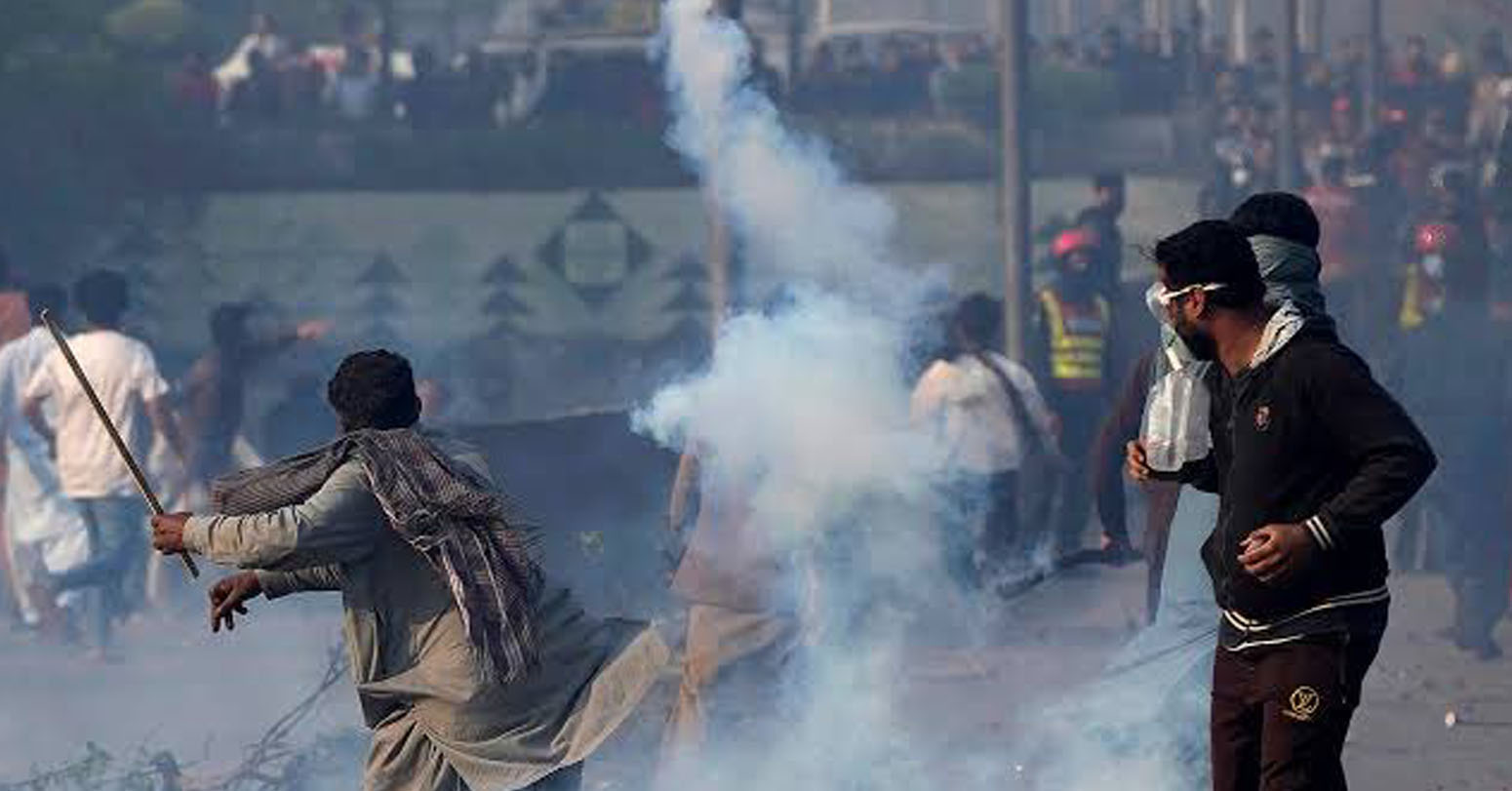
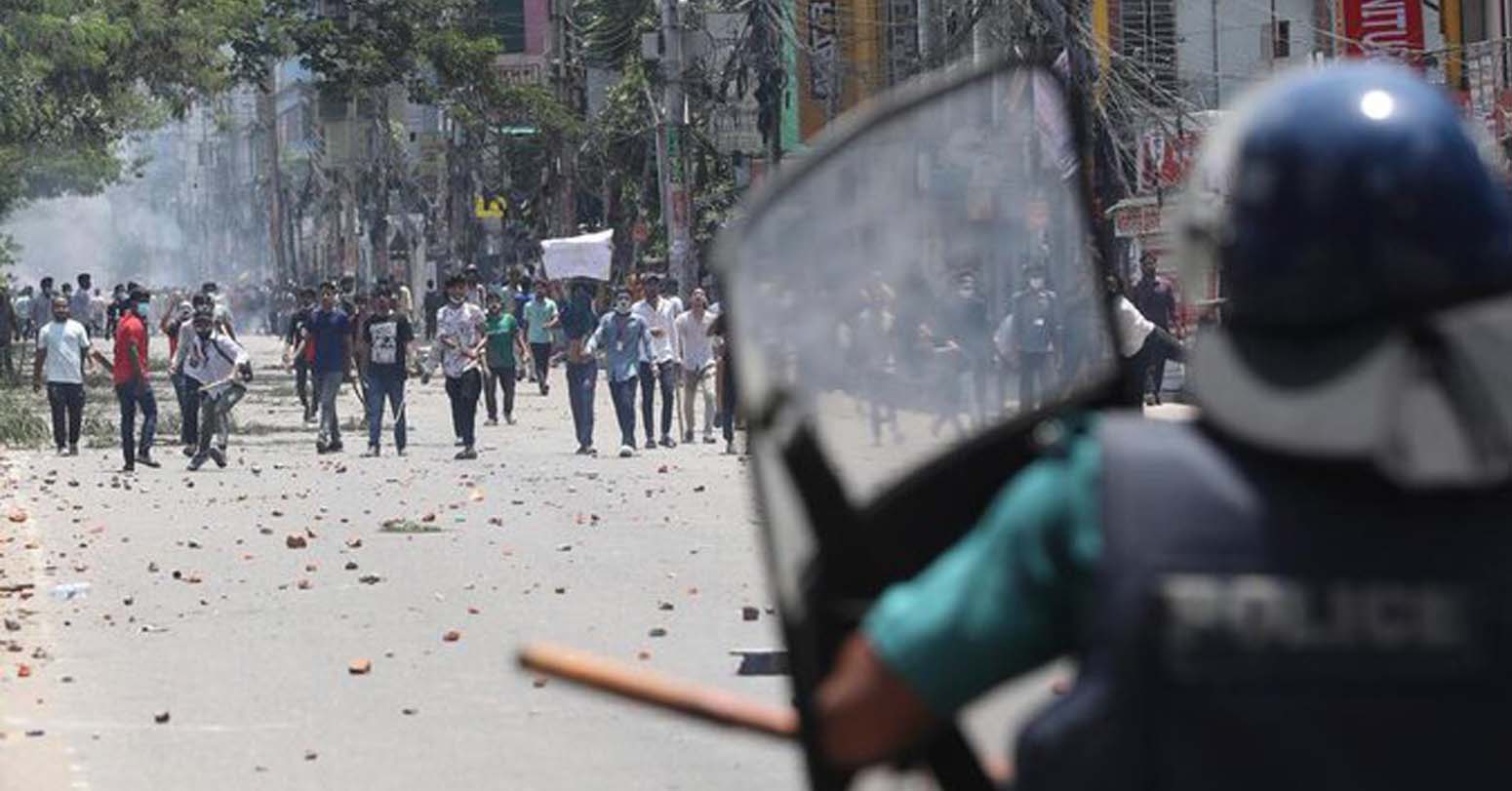
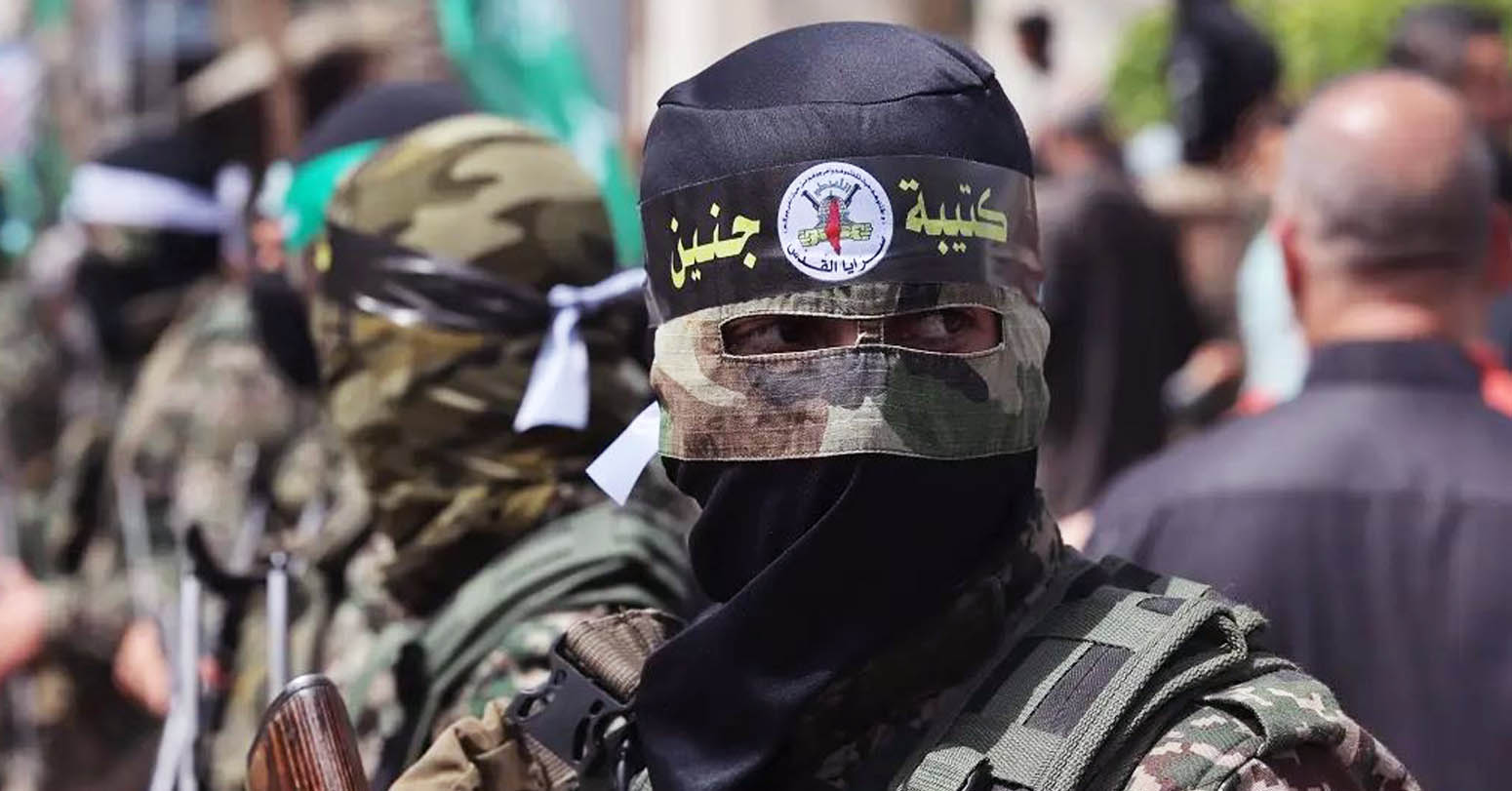

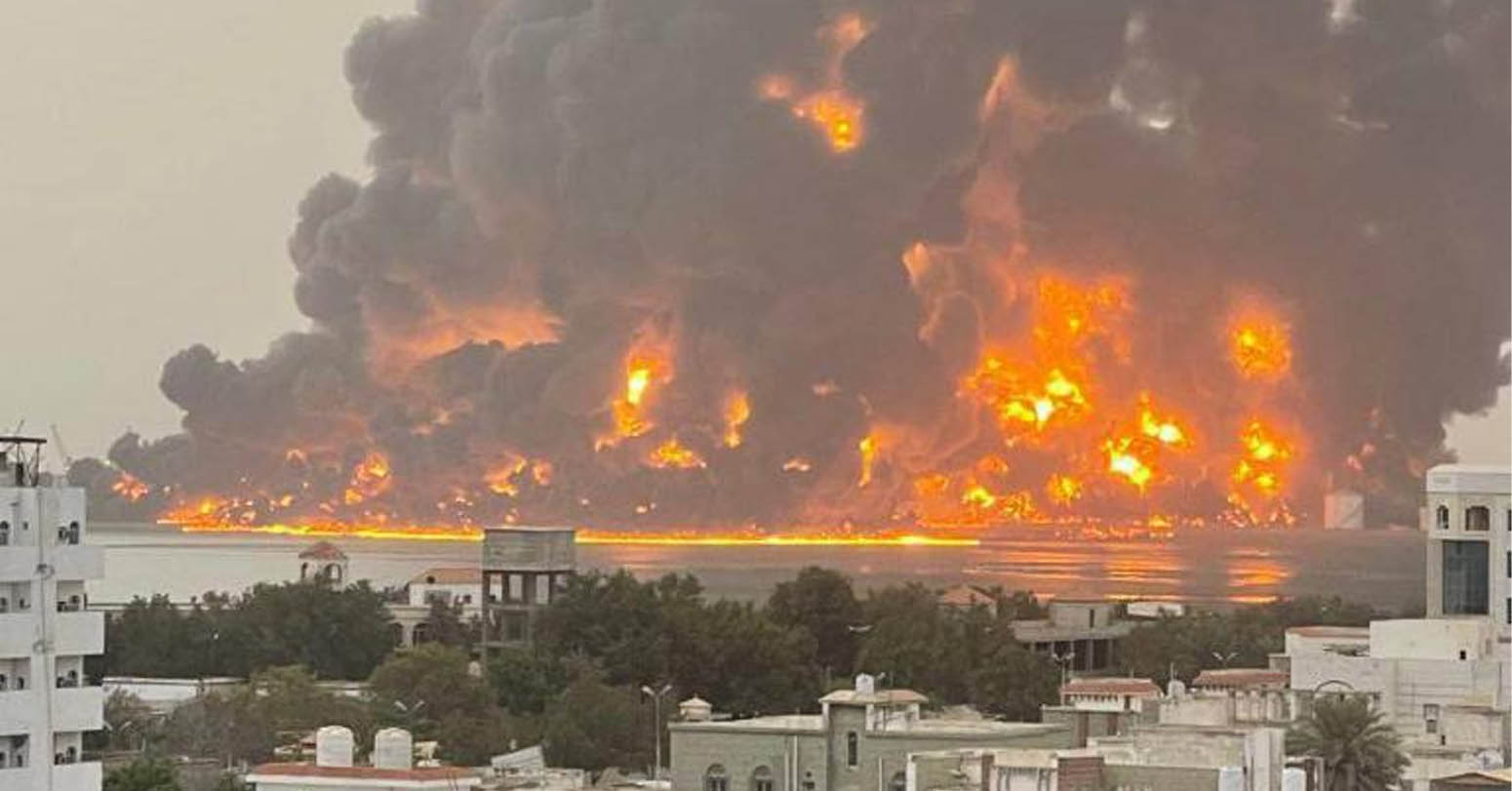
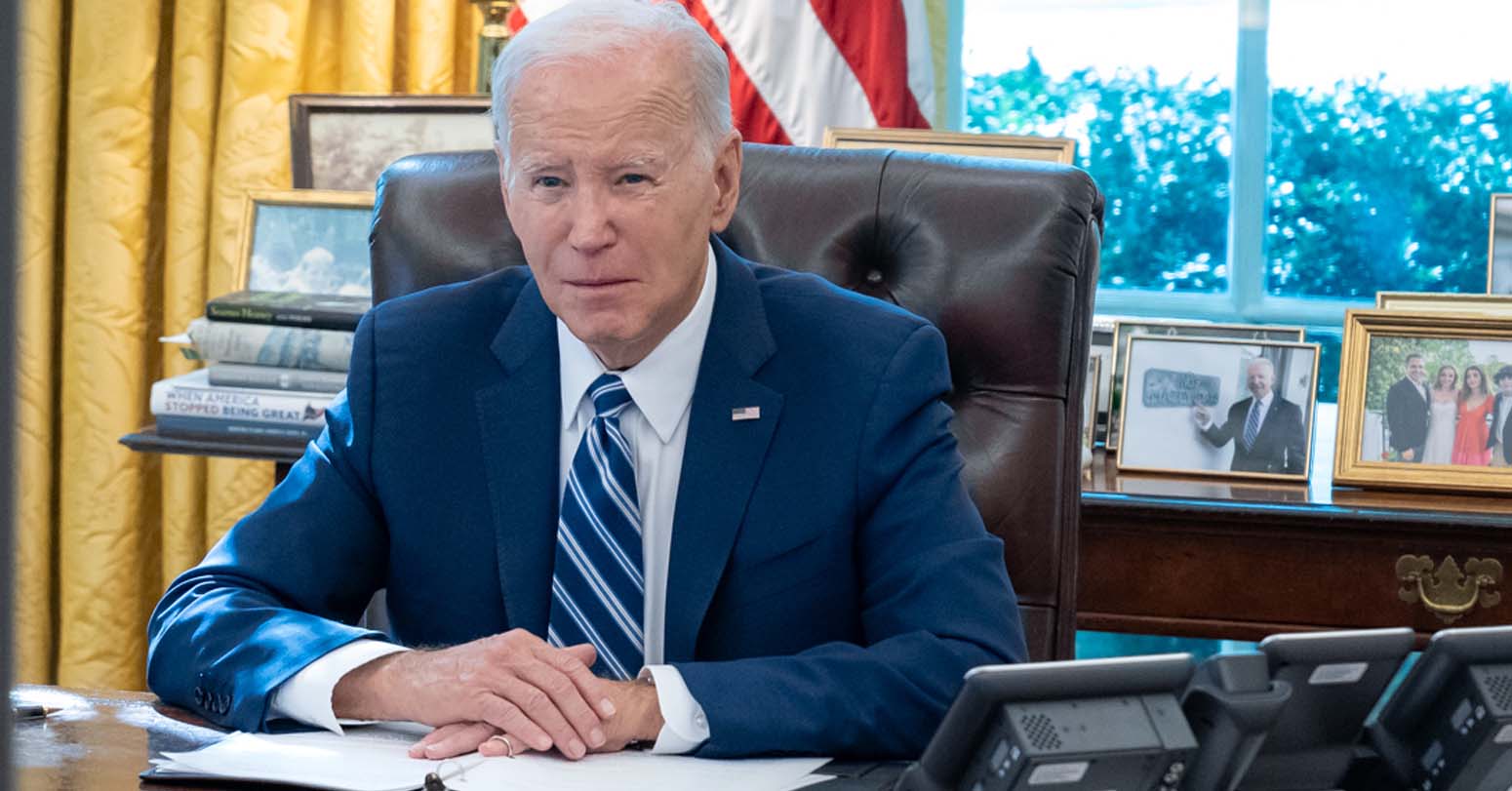

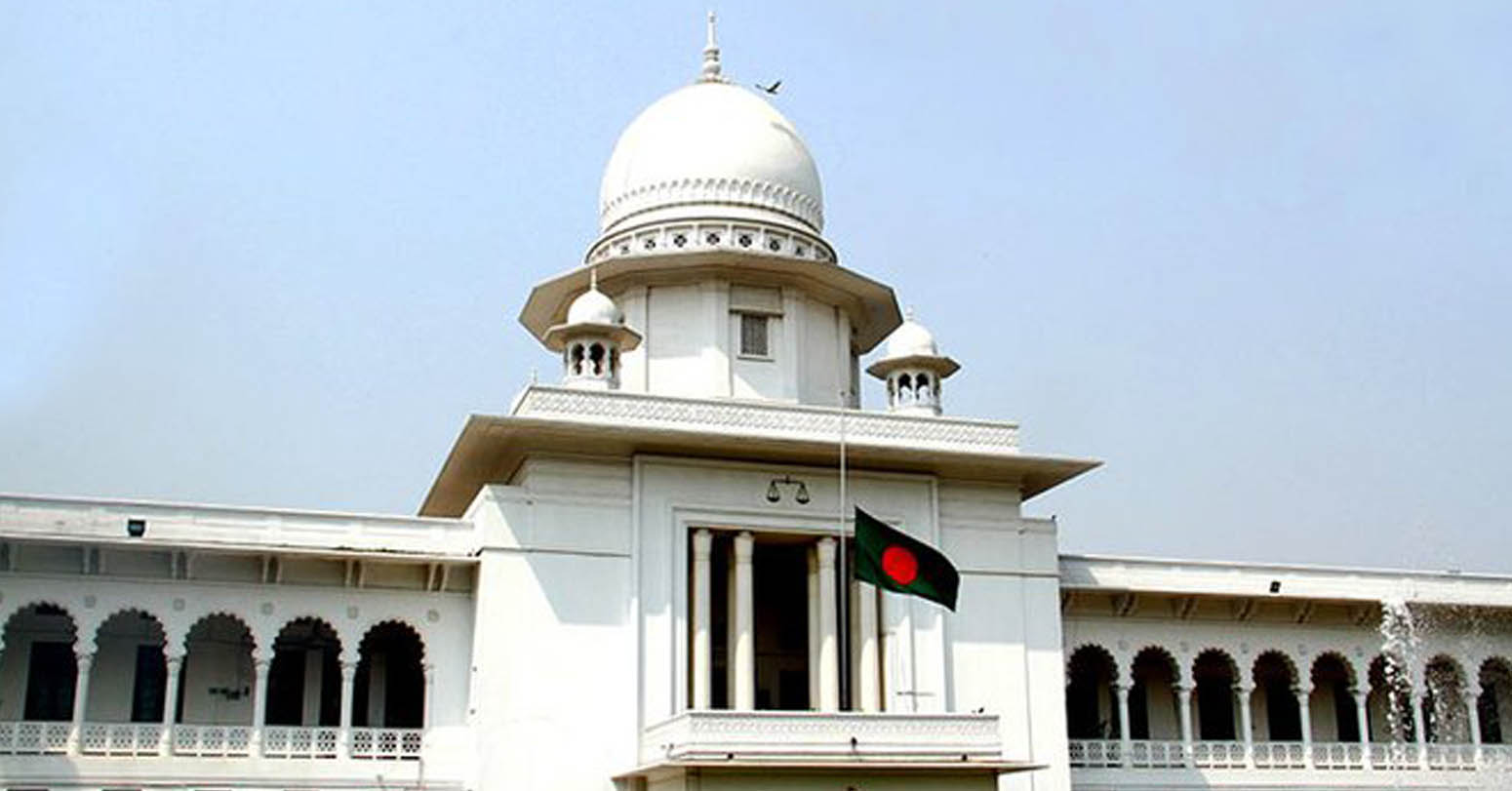
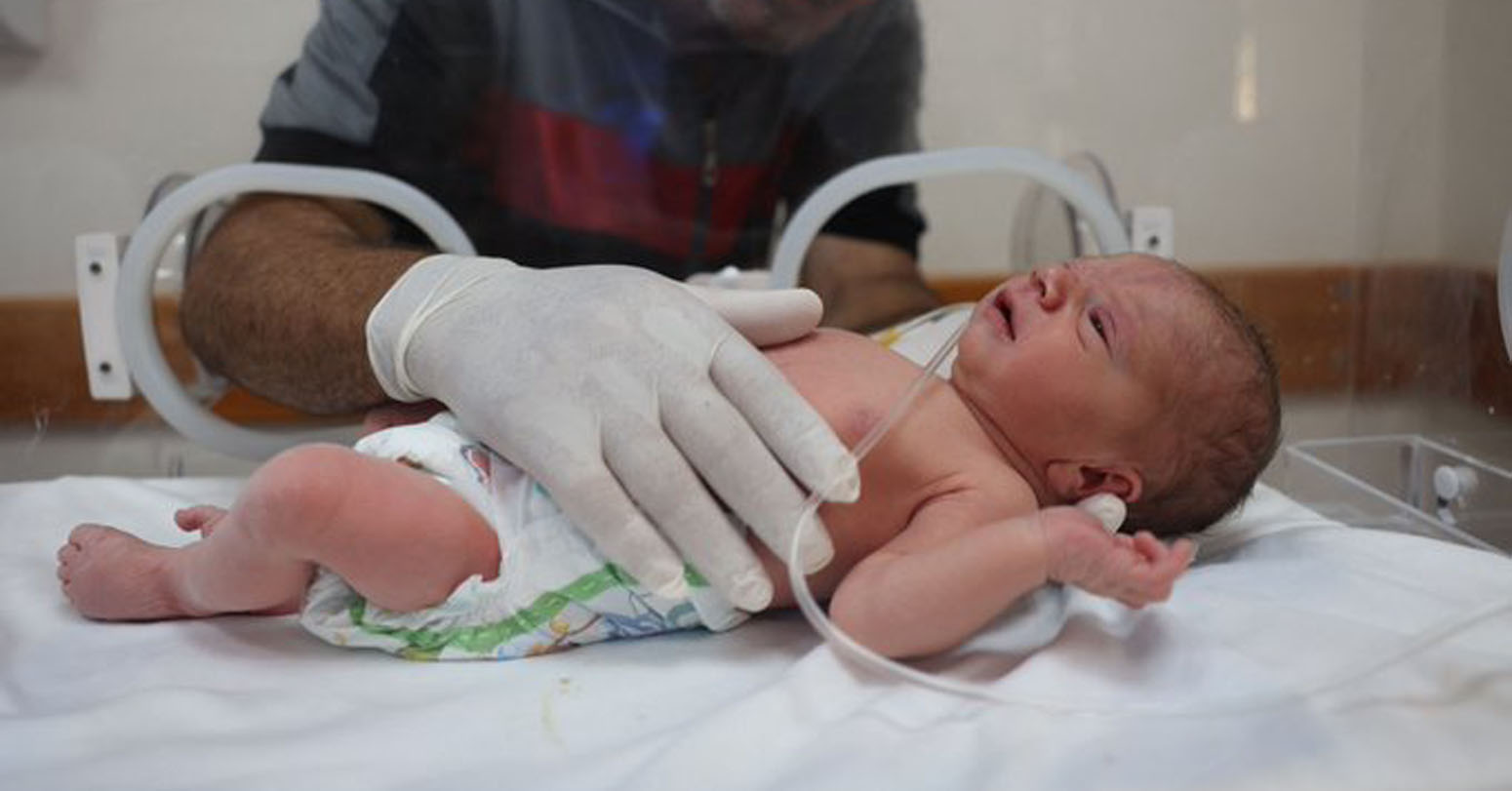
Comprehensive Data Protection Law Critically
Gender Differences In Mental Healthcare
Messi Wins Best FIFA Men’s
Erosion of Democracy
Fly Dubai Catches Fire in
“Complexities of the South Asian